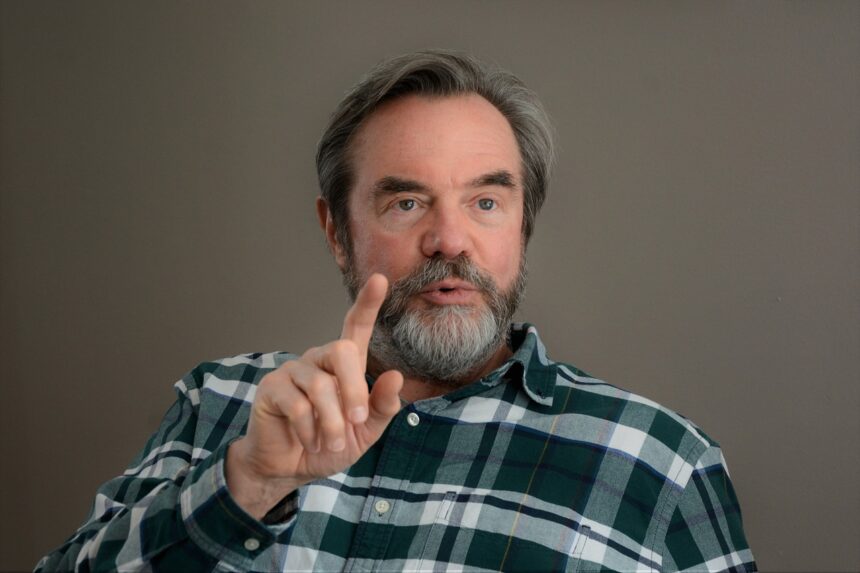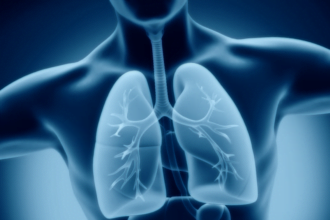Mental health is a growing concern for many people. One study found that 21.6% of adults sought mental health treatment in 2021.
Many people see traditional therapists, because it saves lives. However, a growing number of people also need to work with psychiatrists.
As the field of psychiatry continues to evolve, innovative treatment options such as repetitive transcranial magnetic stimulation (rTMS) have emerged as potential game-changers. Many individuals, however, are still unfamiliar with this therapeutic approach and how it works.
In this discussion, the psychiatry centre will shed light on the basics of rTMS, explore the underlying mechanisms that make it effective, delve into the various conditions that can be treated with rTMS, and provide insight into the process of rTMS therapy.
Brace yourself for a compelling exploration of this promising technique that holds the potential to revolutionize mental health treatment.
The Basics of rTMS
The Basics of rTMS involve understanding the principles and mechanisms behind this noninvasive brain stimulation technique. rTMS, or repetitive transcranial magnetic stimulation, is a procedure that uses electromagnetic pulses to stimulate specific areas of the brain. It has been primarily used in the field of psychiatry and has shown promise in the treatment of various mental health disorders.
rTMS targets brain regions with high-intensity magnetic pulses. These pulses generate electrical currents that control stimulated neuron activity. RTMS affects mood, cognition, and behavior brain circuits by modifying neuronal activity.
Depression treatment is a prominent use of rTMS. Research suggests that rTMS may work for people who don’t react to antidepressants. This has also been examined for anxiety disorders, obsessive-compulsive disorder, and schizophrenia.
The stimulation parameters, brain area, and patient variables determine rTMS’s efficacy. Studies have shown encouraging effects, with often considerable symptom improvements. More research is needed to discover the best procedures and explore rTMS’s potential in psychiatry.
Understanding the Mechanisms of rTMS
Explore rTMS’s mechanics to better comprehend this noninvasive brain stimulation therapy.
Repetitive transcranial magnetic stimulation (rTMS) uses magnetic pulses to target brain regions. Pulses generate electrical currents that alter brain activity in specified locations. Understanding stimulation pathways helps us understand rTMS’s therapeutic effects.
- Induction of neuroplasticity: rTMS has been shown to induce neuroplasticity, which refers to the brain’s ability to reorganize and adapt. The repetitive magnetic pulses can alter the excitability of neurons, leading to changes in synaptic connections and neural circuits. This neuroplasticity effect is thought to underlie the therapeutic benefits of rTMS.
- Modulation of neurotransmitter systems: rTMS can also modulate the release and activity of various neurotransmitters in the brain. For example, it has been shown to increase the release of dopamine, a neurotransmitter involved in mood regulation. By modulating neurotransmitter systems, rTMS can influence the overall functioning of the brain and help alleviate symptoms of psychiatric disorders.
- Activation of brain networks: rTMS can selectively activate or inhibit specific brain networks involved in various functions. By targeting specific regions, such as the dorsolateral prefrontal cortex for depression treatment, rTMS can modulate the activity of interconnected brain regions and restore the balance within these networks.
Conditions Treated With rTMS
TMS, a noninvasive brain stimulation method, may cure certain mental and neurological problems. One of the most explored uses of rTMS is depression treatment.
Depression is a prevalent mental illness that causes sorrow, apathy, and lack of ambition. Not everyone responds well to medication and psychotherapy and other treatments for depression and to improve mental resilience.
Many rTMS trials have shown promise in treating depression. rTMS targets the dorsolateral prefrontal cortex, which regulates mood. Magnetic pulses to these locations can regulate brain activity and reduce depression symptoms.
Clinical investigations have demonstrated that rTMS can help depressed people who have failed other treatments. It works well for treatment-resistant depression, where other medicines have failed.
rTMS has also been studied for anxiety disorders, schizophrenia, and chronic pain.
The Process of rTMS Therapy
During rTMS therapy, magnetic pulses are delivered to specific areas of the brain believed to be involved in mood regulation. This non-invasive procedure is administered by a trained healthcare professional and typically involves the following steps:
- Initial Assessment: Before starting rTMS therapy, a thorough assessment is conducted to evaluate the patient’s suitability for the treatment. This may include a review of medical history, psychiatric evaluations, and brain imaging scans.
- Target Localization: Once the patient is deemed suitable for rTMS, the specific target areas in the brain are identified. This is typically done using neuroimaging techniques such as magnetic resonance imaging (MRI) or functional MRI (fMRI).
- Treatment Sessions: The actual rTMS therapy involves the patient sitting in a comfortable chair while a coil is placed against their scalp. The magnetic pulses are then delivered to the targeted areas of the brain. The duration and frequency of the sessions may vary depending on the individual’s condition and treatment plan.
Potential Benefits and Considerations of rTMS
When contemplating rTMS therapy for psychiatric diseases, research has shown many benefits and drawbacks.
The lack of surgery or anesthesia makes rTMS a major benefit. It is safer than more intrusive treatments, especially for those who may not be candidates.
Moreover, rTMS can cure depression, anxiety, and obsessive-compulsive disorder.
The short treatment duration of rTMS may also be beneficial. Unlike medication or psychotherapy, rTMS treatments last 20–40 minutes and last many weeks. This may benefit people seeking a faster treatment.
However, rTMS therapeutic dangers and long-term effects must be considered. Although typically safe, some people may have modest side effects like scalp soreness or headaches during or after treatment. More research is needed to understand rTMS’s long-term brain impacts.
Conclusion
Repetitive transcranial magnetic stimulation (rTMS) is a non-invasive treatment modality used in psychiatry. By delivering magnetic pulses to specific areas of the brain, it aims to modulate neuronal activity and improve symptoms associated with various psychiatric disorders.
rTMS has shown promise in treating conditions such as depression, anxiety, and schizophrenia. Although further research is needed to fully understand its mechanisms and potential benefits, rTMS offers a promising option for individuals seeking alternative therapeutic approaches.








